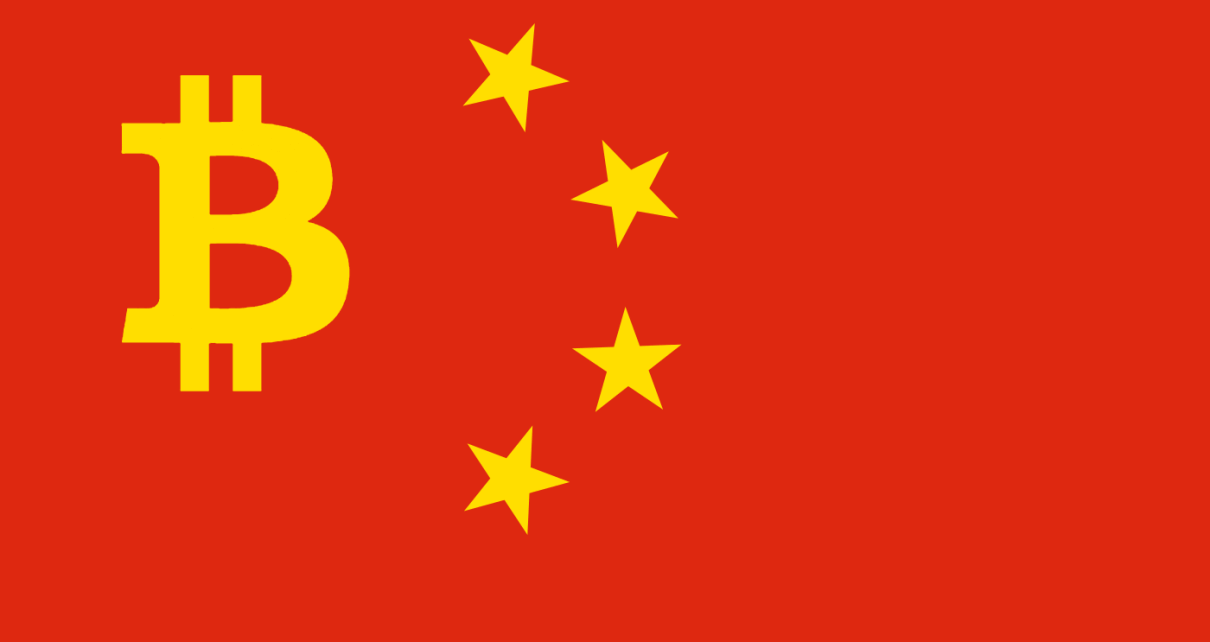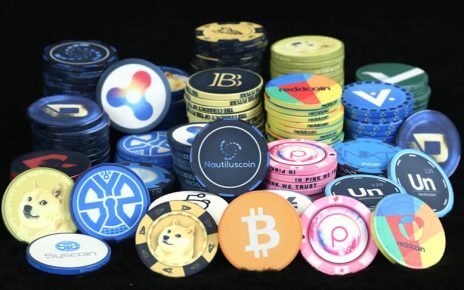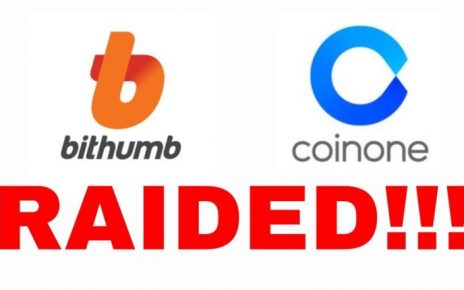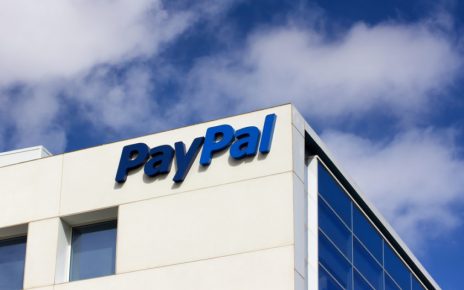Chinese citizens are still investing in bitcoin and other cryptocurrencies, despite the strict ban from the government.
In September last year, the Chinese cryptocurrency exchanges BTCC China, OKCoin and Huobi closed their doors after being ordered to do so by the Chinese government. At one point, the managers of the three aforementioned cryptocurrency exchanges were prevented to leave the country, because of the ongoing government investigation of the local cryptocurrency trading.
Three months later, in December last year, the three cryptocurrency exchanges moved to Hong Kong and started operations from there. They also got new names, BTCC China is now BTCC, OKCoin is now OKEx and Huobi is now Huobi Pro. Their objective was to make use of the growing interest for the cryptocurrencies coming from the investors from Hong Kong.
It was not long before all three exchanges saw an incredible growth of their daily trading volume. Somehow, the Chinese investors managed to avoid the ban imposed by the Chinese government and started using the exchanges in Hong Kong. The question is, how did they manage to do that?
It is relatively easy to register a company in Hong Kong. With less than 1,000 dollars, a company can be legally founded, which allows it to open business bank account in the financial institutions in Hong Kong. Starting in December last year, numerous Chinese investors transferred their funds from their Chinese bank accounts to their bank accounts in Hong Kong and started actively trading with cryptocurrencies, successfully avoiding the government ban of cryptocurrency trading in the country.
However, contrary to China, Hong Kong has considerably lower supply to be able to manage the growing demand. While China is home for large cryptocurrency mining pools, such as Bitmain, Hong Kong is not producing a lot of bitcoin and other cryptocurrencies. This is the reason behind the increase of the prices on the cryptocurrency market in Hong Kong. The prices in Hong Kong even surpassed the ones from South Korea. For example, almost two weeks ago, the global price of one bitcoin was 11,500 dollars, while the price was more than 13,000 dollars on Huobi Pro at the same time.
Krystal Hu, a financial journalist from Hong Kong, noticed that the traders outside China have started using the chance for arbitrage created by the Hong Kong cryptocurrency market. For example, if you bought one bitcoin on Coinbase on January 18th for 11,800 dollars, you could sell it immediately on the Hong Kong cryptocurrency market with a profit of 1,200 dollars.
The Hong Kong cryptocurrency exchanges also integrated large fintech apps from China, such as Alipay and WeChat Pay. Alipay is used by more than 50% smartphone users in China, while WeChat Pay is used by more than 40% of all the smartphone users in the country.
This integration made the trading on the cryptocurrency exchanges in Hong Kong easier and more accessible to the Chinese crypto investors.
To prevent the Chinese investors from buying digital currencies, the Chinese government and the People’s Bank of China asked the local banks to report any suspicious transactions related to the markets in Hong Kong. However, even with this new measures, it will be hard to prevent the Chinese crypto investors to access the markets in Hong Kong, especially when using apps such as Alipay and WeChat Pay.




